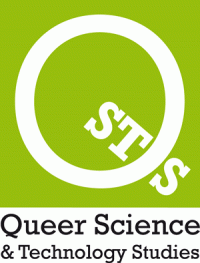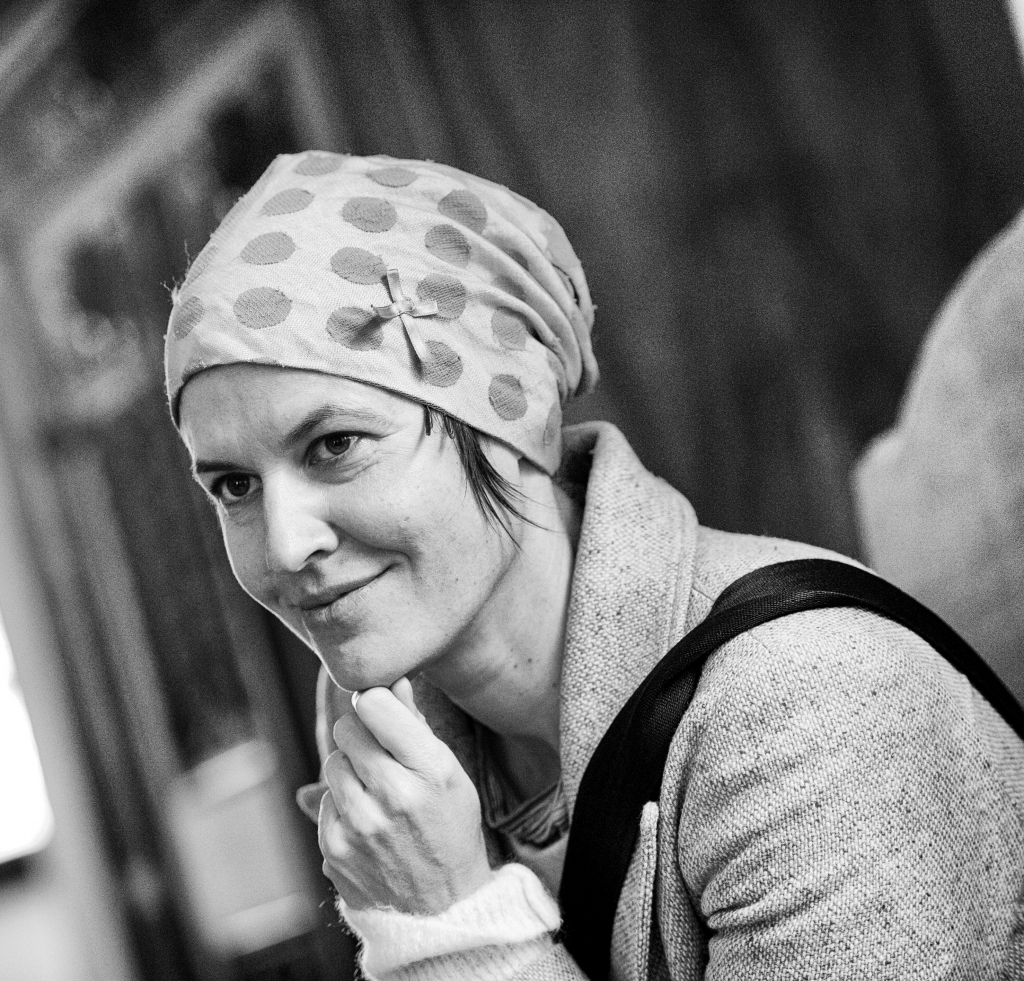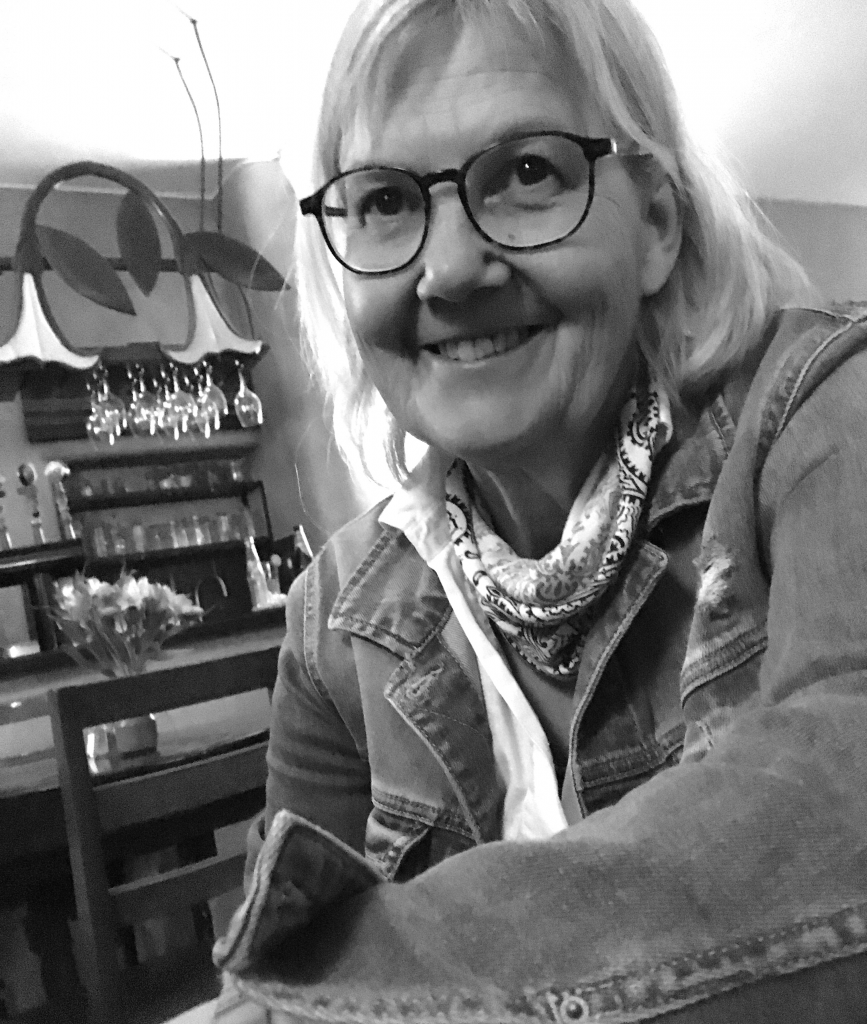Katrin Ackerl Konstantin & Rosalia Kopeinig
Mapping the Unseen
Mapping the Unseen seeks to answer the question of how it is possible to make both the unspoken and unseen visible and bring it into a dialogue through artistic research.
The project started in 2019 and was realised in Croatia, Iran, Bangladesh, and Austria. “It constitutes of artistic interventions on unseen, hidden topics – topics not discussed in public by mainstream society because of its implicit taboo potential.
These realisations were shown over the course of one week in empty disused spaces, such as vacant shops or offices. (…) The project strived for a programmatic visual and discursive treatment of a chosen topic, identified and selected by participating artists or art groups in their country of origin. Following this, parts of the project were invited to Austria to enable an intercultural dialogue questioning the relevance of the topic there. The connection between the two countries was a person who lived in both countries.”
(See www.mappingtheunseen.com/en/about)
For this 6th volume of Queer STS forum, we present two videos showing the realisation of the interventions in Zagreb/Croatia and Klagenfurt/Austria in 2019 and 2020 addressing the topic LGBTIQ (Lesbian Gay Bisexual Transgender Intersex Queer/Questioning), selected by the participating art group Vox Feminae.
Vox Feminae/Common Zone, established in Zagreb/Croatia in 2005 as a forum for gender and media culture, chose the topic of LGBTIQ as an unseen topic, making the following statement:
“Re-traditionalization of Croatian society, in the sphere of politics, media and education, is followed by re-traditionalization of culture and contemporary means of artistic expression. Backed by continuous pressure by the far-right on almost all institutional instances, organizations of civil society, non-profit media, initiatives, and individual artists are under special unpleasant treatment – subtle and slow deduction of funds or even complete erasure from state funding. This societal turmoil is hitting LGBTIQ community particularly hard. Queer culture and everyday life, along with other gender-aware artistic practices, are slowly being erased, made less visible and accessible in the public life, making their work environments unpleasant and project realization sometimes next to impossible. After two decades of active advocacy for equality, queer is present on almost every bigger popular film and art festival, but as a subject is still mostly shunned or ignored in public space when it comes to smaller local initiatives, unconventional topics, emerging artists and needs of the community itself.” (See: Mapping the Unseen)
Video 1 (Intervention Zagreb/Croatia)
Video 1 (Intervention Zagreb/Croatia) starts at the entrance of a residential building where the intervention and programme took place, in two empty rooms of a hub of a human rights organisation in the centre of Zagreb. Two exhibitions were presented in these rooms: The “Room for Losing Your Virginity” by Rina Barbarić and “Duality of the Human Element” by Matija Peček. Then, in two short interviews, Rina Barbarić (01:15) and Matija Peček (03:11) talk about their motivation and their artistic work.
Thereafter, you see abstracts of the lecture “The history and concept origins of queer theory” by Amir Hodžić and Slaven Crnić (04:58), emphasising queer as an identity in activist and cultural practices. This lecture was given on the opening day of the intervention. It was followed the day after by the organisation Rainbow Families Croatia (05:40) talking about co-parenting, their work as a forum supporting Rainbow Families, and about their crowdfunding project: a queer children´s book “My Rainbow Family”. On the same day, Rosalia Kopeinig (05:23) held a biographical workshop, inviting people to talk about the current queer life situation and biographical approaches. A feminist lecture was given the next day by the famous Croatian historian Leonida Kovač about “Nasta Rojc – Fierce Women” (06:32) pointing out that her life and work are of great importance for Croatian queer history.
“Made by our Bodies”, shown a day later, was a performance piece combining poetry and improvised music, performed by Zagreb’s resident artists Tihomir Babić and Luka Prelas, (07:57 – 08:48 and 09:45 – 12:13) dealing with personal stories about transgender issues. At this point in the video, a short interview with Dina Ivan (08:49), who has been the so-called guide in the research project, is embedded. She was the connection to the group Vox Feminae and also the reason that brought the project to Zagreb and later on to Klagenfurt. On the same day, the local drag festival DRAGram, organised by the collective House of Flamingo focussing on burlesque, offered a talk about art practice and a burlesque programme that provided a “space of freedom, tolerance, mutual respect and creativity, for both the audience and the artists”. In the video, Miss Betsy Rose (12:14) speaks about burlesque and how she approaches the term.
The day after, Nina Dragičević, a composer, sound artist, and writer, presented her book and music elements of “The Music Between Them – music in the development of lesbian communities”. In the video, you can see and hear some examples she gave, presenting thoughts of Judy Grahn and music by Mary Watkins and Linda Tillery (13:50). The programme of the same day comprised three screenings of recent Croatian LGBTIQ film productions, which were shown and discussed with the directors: “Peti kat lijevo /Fifth Floor On the Left” by Renata Lučic´ (15:51), “Doma za Božić / Home for Christmas” by Tomislay Đurinec and “Trešnje/ Cherries” by Dubravka Turić.
Finally, on the last day of the programme, a theatre play “Workplace Equality for All” (16:09) was presented, addressing the issue of discrimination of LGBTIQ+ individuals at the workplace.
After a long shot of walking through the staircase of the building, the video ends with an interview with the organisation YIHR.hub, (17:20 – 18:41 and 19:47 – 21:44) who provided the location for the intervention.
Video 2 (Dialogue Klagenfurt/Austria)
A temporarily vacant artist atelier in Klagenfurt was secured to host parts of the programme already realised in Zagreb. At this stage, the programme in Austria was enhanced with audience and expert discussions and workshops specifically encouraging intercultural exchange. For this purpose, regional contemporary artists and researchers, working on the same topics, were invited to exhibit their work and offer theoretical contributions to the discourse. Furthermore, non-governmental organisations working in the respective fields and local communities were involved to encourage and strengthen the dialogue. This aspect allowed an examination of the extent to which the addressed topic is also unseen and undiscussed in the local cultural context in Austria. With the aim of bringing the individual standpoint of the artist into a discursive context, an intercultural dialogue was envisaged.
The two exhibitions of Rina Barbarić “Room of Losing Your Virginity” and Matija Peček “Duality of the Human Element” took place in two rooms of a temporarily vacant artist atelier in the centre of Klagenfurt. The video starts by showing a performance by Matija Peček (00:07) and is followed by a short statement by the guide Dina Ivan (00:35), explaining her reasons for coming to Austria. The next day, the music performance by Luka Prelas & Tihomir Babić from Zagreb “Made by our Bodies” (01:47) was shown and discussed with some regional community networks: Uniqueer, die Grünen Andersrum, and Queer Klagenfurt. In the video you will find here also a short interview with a member of Queer Klagenfurt (03:21) and Uniqueer (03:46). After a short hello, given by the artist Gerhard Fresacher (05:02), who gave the room for the intervention, the theatre piece “Workplace Equality for All” was presented as a video documentary by Noah Kraljević and Emina Hermann (05:22). They also presented another documentary and the initial results of the survey among employers in the Republic of Croatia on the subject of policies and practices related to LGBTIQ employees: in this second documentary, the protagonists talk about their coming out experiences and cases of discrimination in Croatia, as well as the challenges they face in private and business life. After the presentations a business talk with the Pride Biz Organisation Austria, (06:25) the organisers of the Carinthian Pink Lake Festival and the Austrian Federal Railways (ÖBB), was realised to discuss to what extent companies in Carinthia perceive and monitor the topic of LGBTIQ.
The day after, Nina Dragičević presented again her book and music elements of “The Music Between Them – music in the development of lesbian communities”. In the video you can see and hear some examples she gave, presenting thoughts of Judy Grahn and music by Meg Christian (09:12).
After that Doris Leibetseder (07:35) from Uppsala University gave a digital live lecture about her book “Queer Tracks”. The title of the lecture was: “Express yourself – Gender euphoria and intersectionality in rock and pop music”. Doris Leibetseder´s lecture contributes to making transgender and gender queer (non-binary in gender) rock and pop musicians visible and audible. In the lecture, she focussed especially on these musicians´ intersectional aspects and on how transgender topics are received by other musicians.
Further to the three screenings of Croatian LGBTIQ film productions, Austrian queer short films were presented the next day (11:56): “12 points” by René Kmet, “Homophobia” by Gregor Schmidinger and “Mathias” by Clara Stern. A talk with the directors and the AG Queerfilmtag(e) Kärnten completed the evening. In the video you will also find a short interview with one of the organisers of the AG Queerfilmtag(e) Kärnten (13:17).
A book presentation (14:47) of Rainbow Families by Daniel Martinović (Dugine obitelji /Zagreb Rainbow families) about same gender parents took place on the following day, as well as a dramatic reading of three queer children’s books by two Carinthian actresses, with the title “Magically different!”. The video also includes an interview with the actress Lejla Nematek-Wochein (16:47). On the same day, the Carinthian chapter of the Austrian organisation FAm.O.S Regenbogenfamilien (17:50) talked about their work in the region.
The final day of the dialogue event in Klagenfurt included a transcultural dialogue with people who moved from Croatia or neighbouring countries to Carinthia and now live here, as well as a presentation of the card game “Fierce Women”, (18:50) developed by Vox Feminae and illustrated by female Croatian artists. The video ends with the Biographical Workshop by Rosalia Kopeinig, which was also offered as part of the programme of the dialogue event in Klagenfurt.
These videos, filmed and edited by Katrin Ackerl Konstantin, who is also responsible for the concept and implementation of the project, are part of the virtual mapping of the project:
In the final step of Mapping the Unseen, “a virtual web-based room was developed. Through this virtual mapping an artistic artefact that relates directly to the chosen topic is created. Moreover, it is a cartography of all assembled artwork from all countries. This virtual equivalent aspires to be a Mapping of the real rooms, which will now be accessible for all interested people from anywhere in the world via the Internet. The collection invites visitors to interactively explore the different topics and sites. The virtual visitor is invited to comment on the topics with her or his individual background. Here the Mapping will be a collection of a variety of topics, artworks and opinions, as well as academic publications, creating a new discourse leading to a transcultural space.” (See: https://virtual.mappingtheunseen.com) The online release of the interactive web platform Mapping the Unseen was in June 2021, including panel discussions on the chosen topics, research and realisation.
The project is funded by FWF Austrian Science Fund ( AR 444-GBL), KWF Carinthian Economic Promotion Fund, Land Carinthia. Supported and hosted by University Klagenfurt and show.Rooms: www.schau.raeume.cc
Katrin Ackerl Konstantin is an actress, director, and cultural scientist. Acting studies at the Conservatory for Music and Performing Arts Vienna and studies of Psychology at the University of Vienna and Klagenfurt. Participative theatre projects and research in Austria, Croatia, Peru, Qatar, Bangladesh, and Iran. Leader of an FWF-funded artistic research project “Mapping the Unseen”. Publications. Lectureship at universities in Austria (Vienna, Klagenfurt), Denmark, Mexico City, Malta, Czech Republic. Currently: PhD at the Department of Science and Art at the University and the Mozarteum in Salzburg/Austria: Let´s make a scene about it! Questioning common gender roles in theatre performances from a queer feminist point of view with a utopian perspective. www.konstantin.cc
Rosalia Kopeinig
Migration, interculturality and feminism are the focus of her work as a psychologist, who graduated in Newcastle, UK. As the co-initiator of the interdisciplinary performance format show.Rooms, she was a researcher in the project “Mapping the Unseen”. Furthermore, she investigates in biographical work and applied theatre. She co-founded an international school in Carinthia and led an international business network there (CIC). Publications according to the topic of migration and lectures at the University of Klagenfurt in the field of intercultural skills. More about the format show.Rooms see schau.raeume.cc


